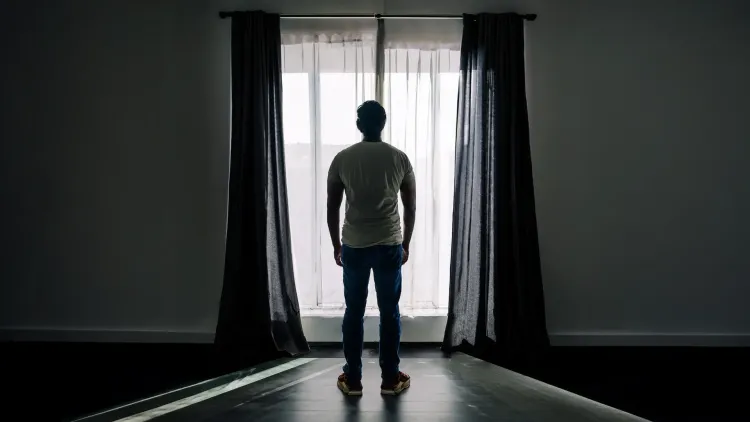Do Smartphones Before 13 Increase Suicidal Thoughts and Aggression in Youth?

Synopsis
Key Takeaways
- Smartphones before age 13 can negatively impact mental health.
- Increased risks of cyberbullying and disrupted sleep.
- Call for policies similar to alcohol and tobacco regulations.
- Countries are enacting bans on smartphone use in schools.
- Early ownership correlates with lower self-worth and emotional resilience.
New Delhi, July 21 (NationPress) A recent global study involving over 100,000 young individuals reveals that children who acquire a smartphone before the age of 13 face a heightened risk of experiencing negative mental health impacts in early adulthood.
The research, published in the Journal of Human Development and Capabilities, indicates that individuals aged 18 to 24 who received their first smartphone at age 12 or younger reported higher instances of suicidal thoughts, aggression, a sense of detachment from reality, poor emotional regulation, and diminished self-worth.
According to the research team, smartphones facilitate early access to social media, which can lead to increased risks of cyberbullying, disrupted sleep patterns, and strained family relationships as these children transition into adulthood.
Lead author and neuroscientist Dr. Tara Thiagarajan, founder and Chief Scientist of Sapien Labs, emphasized the urgent need for action to safeguard the mental health of younger generations. She pointed out that their symptoms often deviate from conventional depression and anxiety, making them easily overlooked by standard screening methods.
The researchers advocate for a precautionary approach akin to regulations on alcohol and tobacco, calling for restrictions on smartphone access for those under 13 years old. They also suggest implementing digital literacy education and enforcing corporate accountability.
Recently, several countries, including France, The Netherlands, Italy, and New Zealand, have enacted bans or restrictions on cellphone usage in educational institutions. Additionally, multiple states in the US have introduced legislation mandating schools to formulate policies that at least limit smartphone access for children.
For this extensive study, the Sapiens team analyzed data from 100,000 young adults using the Mind Health Quotient (MHQ), a self-assessment tool measuring social, emotional, cognitive, and physical well-being, to derive an overall mental health score.
Those who obtained their first smartphone before 13 exhibited lower MHQ scores, which consistently declined the earlier the age of first ownership.
Early ownership correlated with decreased self-image, self-worth, and confidence, along with reduced emotional resilience in females and lower stability, calmness, self-worth, and empathy in males.
Dr. Thiagarajan concluded, "Our findings indicate that childhood smartphone ownership, an early entry point into AI-driven digital environments, is significantly undermining mental health and well-being in adulthood, with serious implications for individual autonomy and societal progress."










